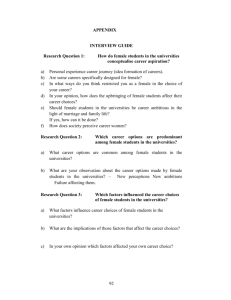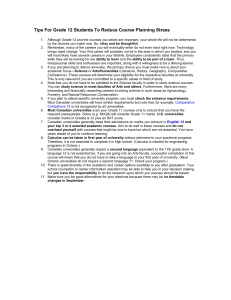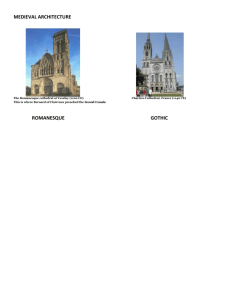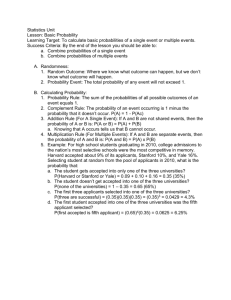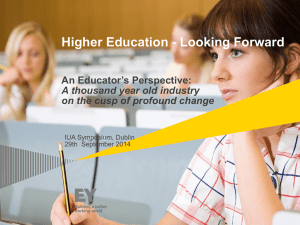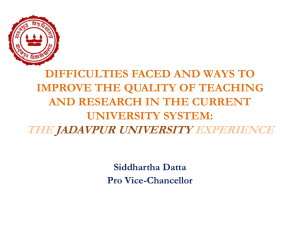click here - Society for Research into Higher Education
advertisement
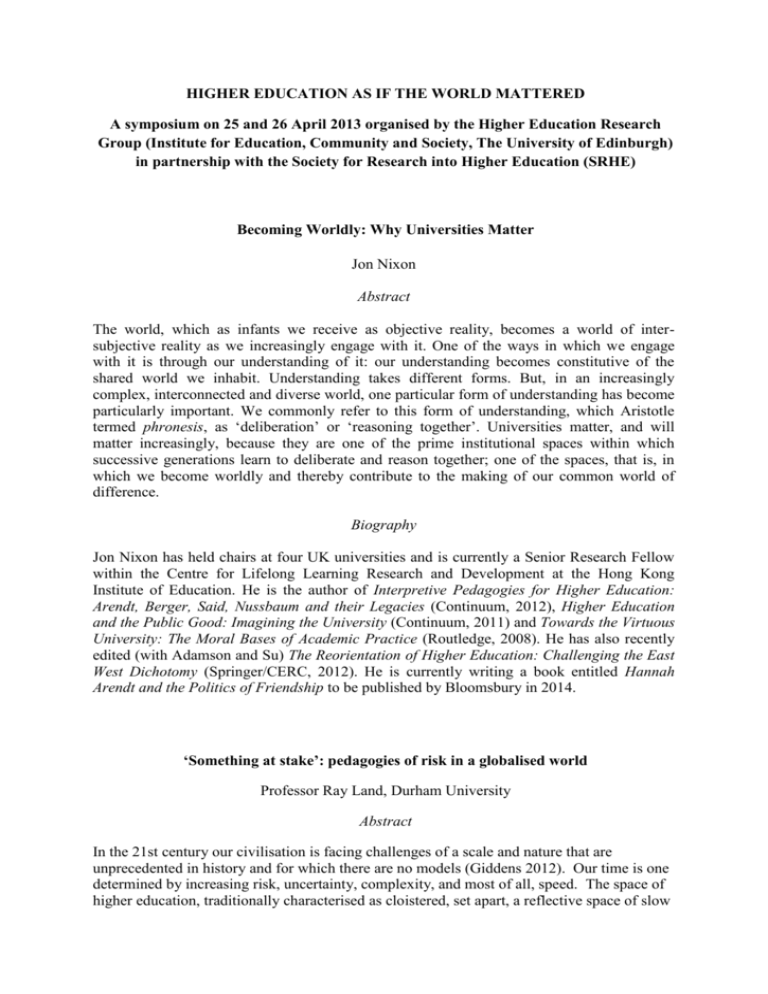
HIGHER EDUCATION AS IF THE WORLD MATTERED A symposium on 25 and 26 April 2013 organised by the Higher Education Research Group (Institute for Education, Community and Society, The University of Edinburgh) in partnership with the Society for Research into Higher Education (SRHE) Becoming Worldly: Why Universities Matter Jon Nixon Abstract The world, which as infants we receive as objective reality, becomes a world of intersubjective reality as we increasingly engage with it. One of the ways in which we engage with it is through our understanding of it: our understanding becomes constitutive of the shared world we inhabit. Understanding takes different forms. But, in an increasingly complex, interconnected and diverse world, one particular form of understanding has become particularly important. We commonly refer to this form of understanding, which Aristotle termed phronesis, as ‘deliberation’ or ‘reasoning together’. Universities matter, and will matter increasingly, because they are one of the prime institutional spaces within which successive generations learn to deliberate and reason together; one of the spaces, that is, in which we become worldly and thereby contribute to the making of our common world of difference. Biography Jon Nixon has held chairs at four UK universities and is currently a Senior Research Fellow within the Centre for Lifelong Learning Research and Development at the Hong Kong Institute of Education. He is the author of Interpretive Pedagogies for Higher Education: Arendt, Berger, Said, Nussbaum and their Legacies (Continuum, 2012), Higher Education and the Public Good: Imagining the University (Continuum, 2011) and Towards the Virtuous University: The Moral Bases of Academic Practice (Routledge, 2008). He has also recently edited (with Adamson and Su) The Reorientation of Higher Education: Challenging the East West Dichotomy (Springer/CERC, 2012). He is currently writing a book entitled Hannah Arendt and the Politics of Friendship to be published by Bloomsbury in 2014. ‘Something at stake’: pedagogies of risk in a globalised world Professor Ray Land, Durham University Abstract In the 21st century our civilisation is facing challenges of a scale and nature that are unprecedented in history and for which there are no models (Giddens 2012). Our time is one determined by increasing risk, uncertainty, complexity, and most of all, speed. The space of higher education, traditionally characterised as cloistered, set apart, a reflective space of slow time and deliberation, is now being transformed by digital culture and fast time, and reorganised by New Public Management practices. The state we are in, however, also provides opportunities for universities to establish new roles in preparing their students for such a complex future. This will involve curricula which take them into uncertain places, states of liminality in which they encounter, and are transformed by, troublesome knowledge. This incurs a degree of risk. ‘Without a certain amount of anxiety and risk, there's a limit to how much learning occurs. One must have something at stake. No emotional investment, no intellectual or formational yield’ (Shulman 2005). Drawing on the recent notion of PsyCap (psychological capital) this session will explore the qualities which seem to enable students successfully to negotiate liminal states, and the implications for the ways in which we design learning environments. Biography Ray Land is Professor of Higher Education at Durham University and Director of Durham’s Centre for Academic Practice. He previously held similar positions at the Universities of Strathclyde, Coventry and Edinburgh. He has been a higher education consultant for the OECD and the European Commission and is currently involved in two EC higher education projects in Europe and Latin America. He has published widely in the field of educational research, including a seminal work on educational development, Educational Development: Discourse, Identity and Practice (OUP 2004), and two co-edited books on learning technology – Education in Cyberspace (RoutledgeFalmer 2005) and Digital Difference: perspectives on online learning (Sense 2011). He has also co-edited several volumes on the theme of threshold concepts and troublesome knowledge, including the most recent Threshold Concepts and Transformational Learning (Sense 2010). His latest book Enhancing Quality in Higher Education: International Perspectives (co-edited with George Gordon) is published by Routledge International in June 2013. The formation of public-good professionals in universities: a capabilities approach Melanie Walker and Monica Mclean Abstract We first outline the theoretical basis for the generation of a capabilities-based approach to professional education in universities aimed at a contribution to the public good and wider social transformation. The importance of understanding what Amartya Sen and Martha Nussbaum describe as ‘capability failure’ for people living precarious lives is explored, and following from this, how professionals can and ought to contribute by virtue of their university education and hence privilege to making people’s lives go better. The key criterion in developing and evaluating professional education is whether professionals themselves are educated for capabilities which expand the scope of effective freedoms of their client groups. We explain our process for drafting a multi-dimensional list of eight public-good professional capabilities with reference to the empirical basis for them. Finally, we touch on how constructing durable social change pathways might be possible if universities were to educate in this way. Biographies Melanie Walker is Senior Research Professor and South African Research Chair in higher education and human development at the University of the Free State in South Africa. She was previously chair in higher education at the University of Nottingham. She is a Fellow of the Human Development and Capability Association, and currently also director of research training and a senior researcher in the EU-funded Marie Curie EDUWEL project. Among others, she has led or participated in research projects funded by the NRF (South Africa), the Higher Education Academy, HEFCE, EU, ESRC, the British Council and the Mellon Foundation. She is co-editor with Alejandro Boni of Human development and capabilities. Reimagining the university of the twenty-first century (Routledge 2012) and co-author with Monica McLean of Professional Education, Capabilities and the Public Good: the role of universities in promoting human development (Routledge, 2013) Monica McLean is Professor of Education at the University of Nottingham. Recent projects investigated the relevance of the capability approach to professional education in South Africa; and quality and inequality in UK universities. Her approach is outlined in ‘Pedagogy and the University: Critical Theory and Practice’ (Continuum, 2008)

